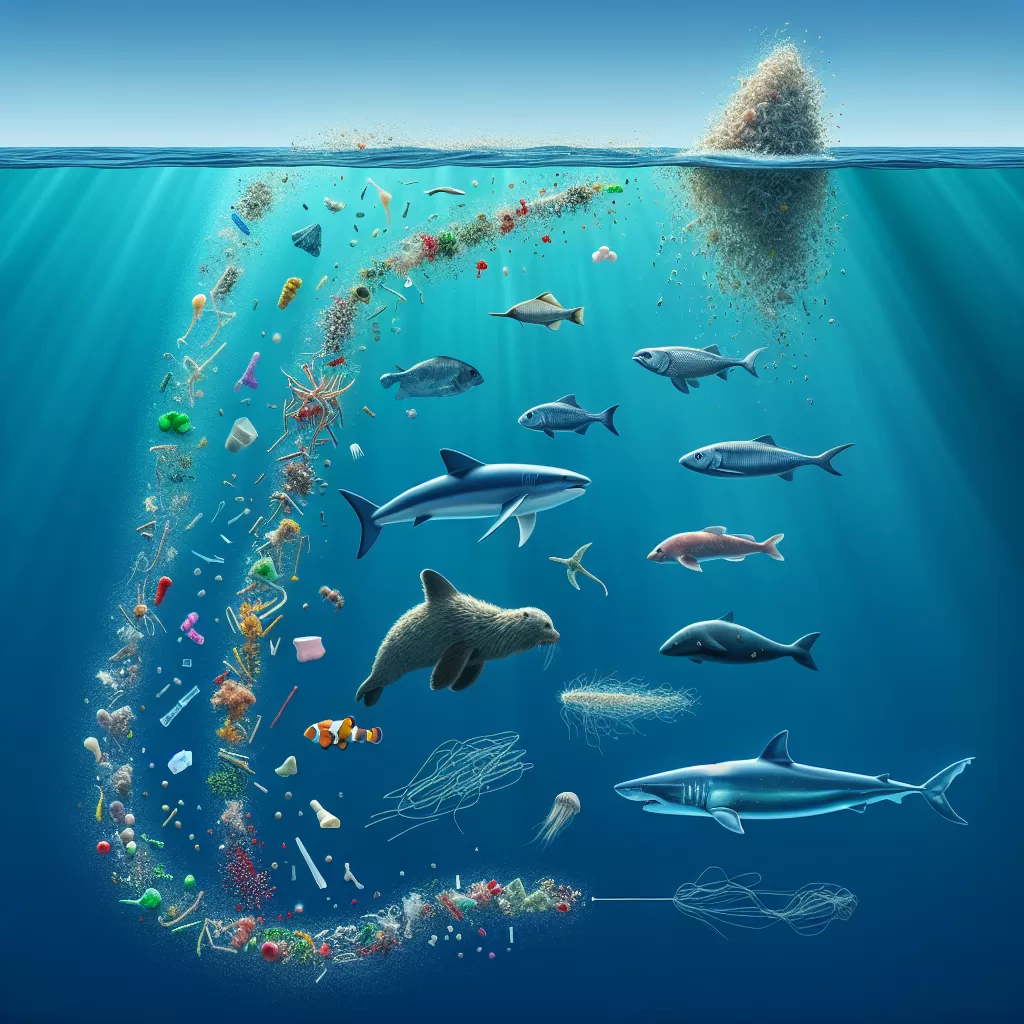The study’s findings paint a sobering picture of the far-reaching consequences of plastic pollution. As marine animals consume microplastics, either directly or indirectly through their prey, these particles pass through their digestive systems and are expelled back into the environment via their fecal matter.
This process not only facilitates the widespread distribution of microplastics throughout the marine ecosystem but also introduces these pollutants into the food chain at multiple levels. Smaller organisms may inadvertently ingest the microplastic-laden feces, perpetuating a vicious cycle of plastic contamination.
The implications of this research are profound and underscore the urgent need for global action to curb plastic waste and promote sustainable practices. Microplastics have been found in a staggering array of marine species, from tiny zooplankton to larger predators like whales and seabirds, posing risks to their health, reproduction, and overall survival.
As the world grapples with the plasticsourts tide, this study serves as a stark reminder of the interconnectedness of our oceans and the far-reaching consequences of our actions. Addressing the microplastic crisis will require a concerted effort from governments, industries, and individuals alike, through measures such as reducing single-use plastics, improving waste management systems, and promoting sustainable alternatives.
Only by tackling this issue head-on can we hope to safeguard the delicate balance of marine ecosystems and protect the invaluable biodiversity that calls our oceans home.

